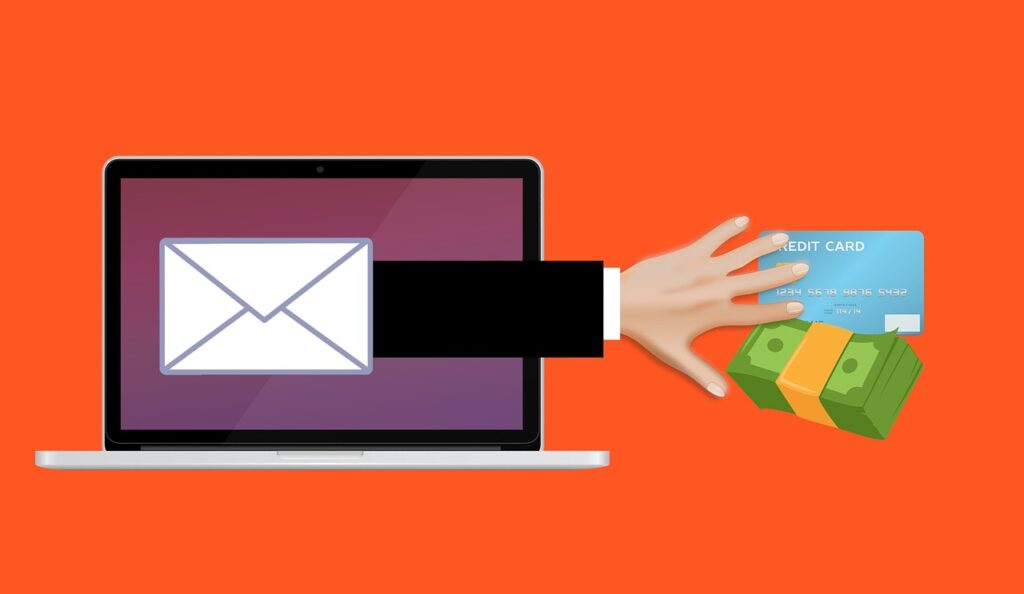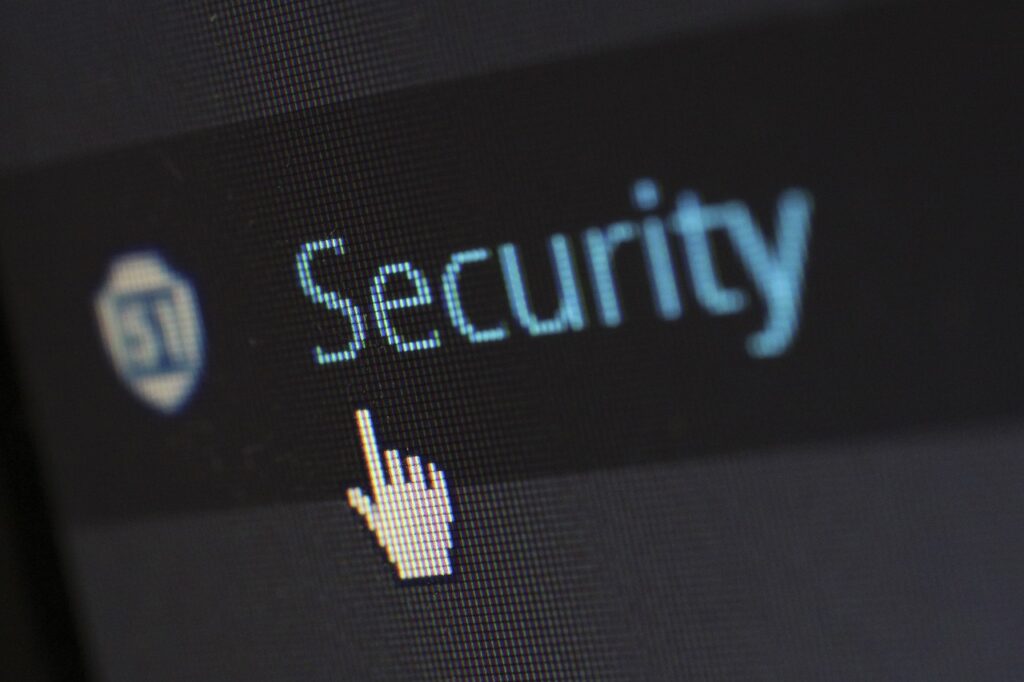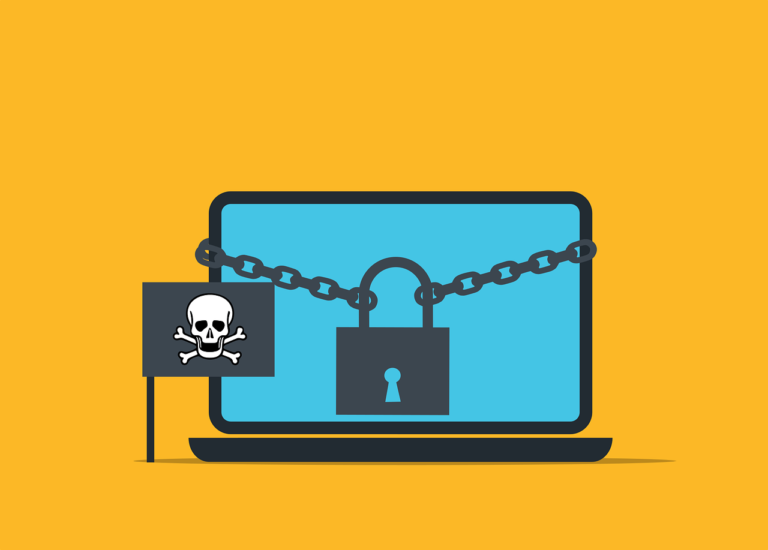WNE Security News
Read about “The Impact Phishing Emails Are Having On Business 2024” and the most important cybersecurity news to stay up to date with
The Impact Phishing Emails Are Having On Business 2024

WNE Security Publisher
1/20/2025

Learn The Impact Phishing Emails Are Having On Business 2024 and how we can help keep your organization cyber safe.
In 2024, phishing emails continue to be a significant threat to businesses worldwide. Despite advancements in cybersecurity measures, phishing remains a prevalent and effective tactic used by cybercriminals to exploit companies of all sizes. This article explores the impact of phishing emails on businesses in 2024 and discusses the evolving nature of these threats.
-
Financial Losses: One of the most immediate and measurable impacts of phishing attacks is financial loss. Businesses can suffer direct financial damage through fraudulent transactions, theft of financial information, and ransom payments in cases of ransomware attacks initiated through phishing emails. The cost also extends to remediation efforts, legal fees, and potential fines for data breaches.
-
-
Data Breaches and Information Theft: Phishing emails often aim to steal sensitive information, such as customer data, employee records, intellectual property, and trade secrets. The unauthorized access and potential leak of this information can have long-term repercussions for a business, including loss of competitive advantage and breach of customer trust.
-
-
Reputational Damage: The impact on a company’s reputation following a successful phishing attack can be devastating. Loss of consumer confidence and trust can lead to a decline in business, and the negative publicity can have lasting effects on the company’s brand image.
-
-
Operational Disruption: Phishing emails can lead to malware infections, ransomware attacks, and system compromises, resulting in significant operational disruptions. These disruptions can halt business processes, lead to loss of productivity, and incur additional costs for system restoration and security enhancements.
-
-
Legal and Regulatory Consequences: Businesses may face legal and regulatory consequences if a phishing attack results in a data breach, especially if it’s found that the company failed to implement adequate security measures. This can lead to legal battles, regulatory fines, and mandatory compliance with stricter security standards.
-
-
Increased IT and Security Costs: As phishing attacks become more sophisticated, businesses are forced to invest more in advanced cybersecurity solutions, employee training, and incident response capabilities. This increased expenditure can strain the financial resources of companies, particularly small and medium-sized enterprises (SMEs).
-
-
Employee Stress and Morale: The constant threat of phishing attacks can create a stressful work environment. Employees may feel anxious about the possibility of falling victim to a scam, which can impact morale and productivity.
-
-
Evolving Tactics: In 2024, phishing tactics have become more sophisticated, with attackers using AI and machine learning to create highly personalized and convincing emails. This evolution makes it increasingly difficult for employees to identify phishing attempts, escalating the risk to businesses.
-
Targeting Remote Workers: With the rise of remote work, phishing attacks have increasingly targeted remote employees who may not have the same level of security as in-office systems. This shift has forced businesses to rethink their cybersecurity strategies to protect remote workforces.
-
Insurance Premiums: Businesses are finding that the cost of cybersecurity insurance is rising due to the increased risk of phishing and other cyber-attacks. Higher premiums add to the overall cost burden of managing cybersecurity risks.
As organizations tread deeper into the digital age, they inadvertently wade into a web of complex cyber threats. A principal menace, both in its simplicity and effectiveness, remains email phishing. Despite the plethora of cyber risks, phishing holds its ground as a top contender, often slipping through even the most fortified defenses.
At its heart, phishing is an art of deception. Cyber miscreants dispatch expertly designed emails, aiming to emulate trusted entities in an effort to snare the unsuspecting. These emails don’t just ask users for data; they entice, pressurize, or alarm recipients into voluntarily parting with sensitive information, from login credentials to banking details.
Modern phishing campaigns have evolved in finesse, making them almost indistinguishable from legitimate communications. Crafted to perfection, these emails leverage everything from authentic-looking logos to precise corporate jargon. The evolution of spear-phishing, which targets specific individuals or departments within an organization, has further raised the stakes. Such tailored attacks are backed by research and reconnaissance, enhancing their credibility and increasing their success rate.
The ramifications of successful phishing campaigns are staggering. According to a 2021 study, phishing accounted for over 30% of all breaches, with financial implications averaging $3.86 million per breach. And that’s just the tip of the iceberg.
Beyond the direct financial fallout, companies grapple with the erosion of client trust—a commodity once lost, is arduous to regain. A breach, especially one that exposes customer data, can tarnish the corporate image for years. Operations may stutter, strategic projects could be pushed to the back burner, and in worst-case scenarios, intellectual property might land in rival hands.
Adding to the woes is the tightening noose of regulatory mandates. With GDPR in Europe, CCPA in California, and similar regulations sprouting globally, companies must also navigate potential legal minefields post a breach, often culminating in hefty fines.
While technology arms businesses with the tools to defend their digital realms, it’s the harmonious blend of tech and human vigilance that creates an impregnable fortress.
Educating the workforce is paramount. Regular seminars, workshops, and mock phishing drills can sharpen their discernment, transforming them from potential victims to vigilant sentinels. On the tech frontier, solutions augmented by AI and machine learning have shown promise. Such tools, equipped with predictive analysis, can preemptively flag and quarantine dubious emails, often in real-time.
Moreover, strategies like multi-factor authentication (MFA) add layers of security. Even if a phishing attempt breaches the outer wall, MFA ensures that the intruders hit a dead-end, unable to exploit the compromised data.
Phishing, in its various guises, continues to challenge the cyber-defense narratives of companies worldwide. Its evolution underscores the need for businesses to stay agile, perpetually updating their defensive tactics. In this ceaseless game of cat and mouse, proactive defense, backed by informed awareness and state-of-the-art tech solutions, will delineate the victors from the victims.
Learn More About The Impact Phishing Emails Are Having On Business 2024 By Visiting These Sites.
Learn more about WNE Security products and services that can help keep you cyber safe.
Learn The Impact Phishing Emails Are Having On Business 2024 and how we can help keep your organization cyber safe.

Stay updated with WNE Security’s news section for the latest in cybersecurity trends, threats, and protection measures.



